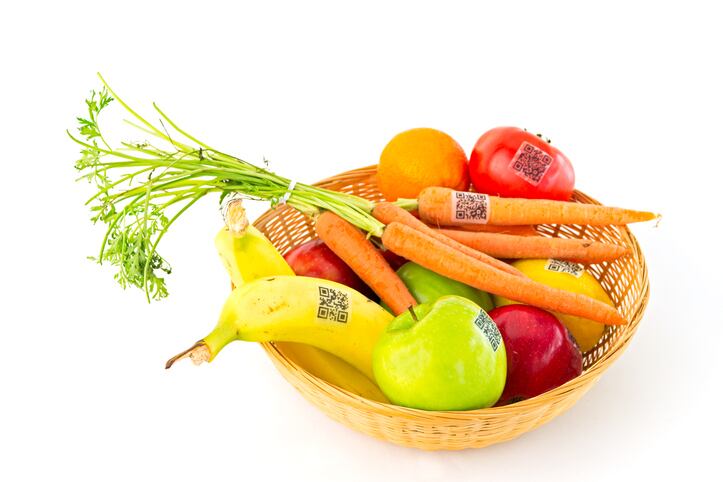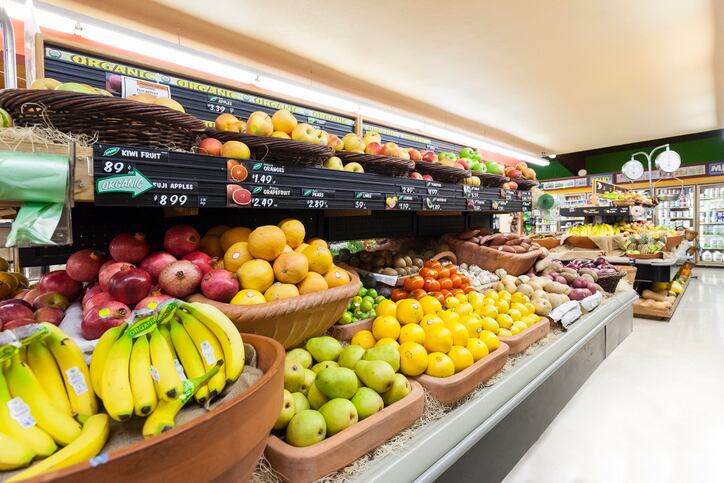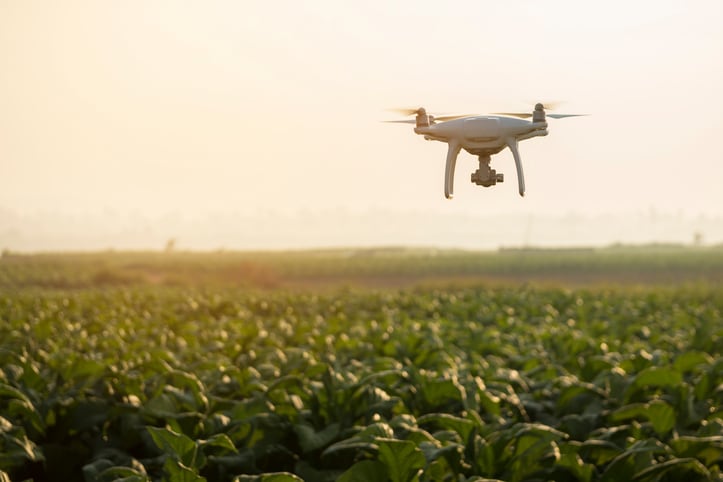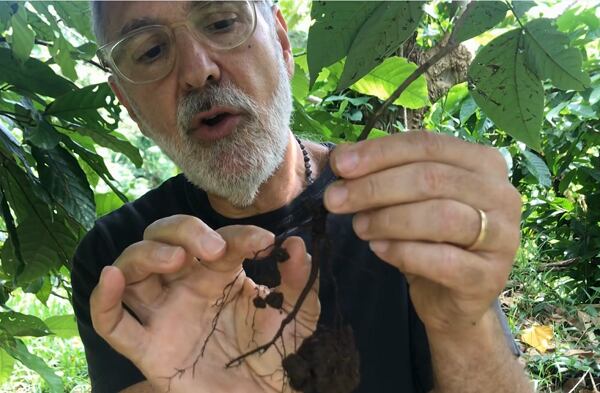The law, which came into force for certain fruit and vegetables in August last year, was extended this month (February 2019) to cover 22 more products. It aims to increase traceability in order to monitor and control pesticide residues.
Established by the Ministry of Agriculture, Livestock and Farming and National Agency of Sanitary Surveillance (ANVISA), the rules also apply to imported products.
“Traceability must be ensured by each entity in the production chain of fruit and vegetable products at all stages under [the entity's] responsibility,” reads the regulation.
The regulation came into force in August last year for citrus fruit, apples, grapes, potatoes, lettuce, cabbage, tomatoes, and cucumber.
Last week it was expanded to include melon, strawberry, coconut, guava, persimmon, papaya, banana, mango, carrot, sweet potato, beet, onion, garlic, cauliflower, broccoli, pepper, pumpkin and courgette, and others.
In one year, it will be expanded further.
To read the text and see the full list of products with the deadline for compliance, click here (in Portuguese).
Organis: 'A positive impact for consumers, producers and processors'
The National Confederation of Agricultural Workers (CONTAG), said the regulation was “important”.
The spokesperson for CONTAG, Veronica Tozzi, told FoodNavigator-LATAM: “It encourages the farmer to produce fruit and vegetables more consciously, using pesticides and fertilizers within the limits of the law, avoiding excessive use beyond the permitted limits, and avoiding agrochemicals and other products [that are] not recommended.
“It is an indirect way of stimulating the reduction of the use of agrochemicals and stimulating farmers to produce organic and agro-ecological products in some situations,” she said, adding that it would be beneficial to human health and the environment.
Ming C. Liu, executive director of Organis, the trade group that represents the interests of Brazil’s organic sector, also welcomed the law.
“Food safety and traceability are the major benefits that this new law can bring. When fully implemented, it will have a great impact [that is] positive in all aspects for the consumers, producers, and processors,” he said.
According to Liu, the legislation is in line with consumer demand for transparency and traceability, and many operators are already acting voluntarily.
“Nowadays a few global and local retailers are already implementing their own traceability tools [through] voluntary actions,” said Liu.
CONTAG: 'Family farmers are still not prepared'

The legislation does not stipulate how producers must communicate provenance. This means options could range from a paper trail and simple on-pack label to a scannable QR code or information stored on Blockchain.
However, even the simplest of options will incur a cost for farmers.
“Any form of control and registration needs to have a tool,” Liu said. “A scanner, a printer, labels, packaging, computers... All this represent costs, so it will definitely be expensive for farmers.”
According to Veronica Tozzi, the financial impact depends on the buyer purchasing the farmers' produce.
“If the supermarket does not accept the simple identification tag and requires a bar code or QR Code for example, […] farmers with small volumes will have more difficulties because their costs will rise,” she said.
Organic food producers are well used to segregated supply chains and are therefore better equipped to deal with the changes, said Liu.
Many small-scale family farmers are not ready, however. “A good part of the family farmers are still not prepared and will have some difficulty to implement the requirements,” Tozzi said



